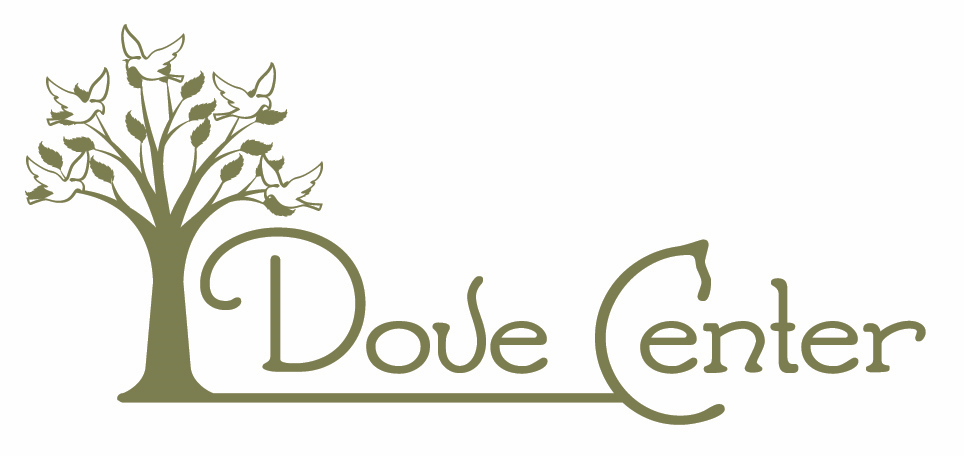
Heather Hanline is the Executive Director of the Dove Center. She has been serving the organization for 28 years.
1. What makes the Garrett County community you serve special?
Garrett County is rich in rural culture. From scenic agricultural landscapes to State Parks boasting waterfalls at every turn, to the ever-popular Deep Creek Lake, Garrett County is a site to behold. Our population is rich in multi-generational, hard-working families, unique artisans, family businesses, strong traditions, and a thriving and vibrant non-profit community.
2. Tell us about the Dove Center's current community prevention efforts.
Most recently, we held our Consent Revolution on campus at Garrett College. This event is a collaboration with the College, in observation of Sexual Assault Awareness Month. The event invites students and faculty to interact about topics such as consent, by-stander intervention, toxic relationship dynamics, and much more, through participation in interactive prevention focused activities. The event is spearheaded by the Dove Center's School Outreach Specialist, Tiffany Keller, who spends one day a week on campus, conducting prevention activities, interacting with students, and supporting those who have experienced trauma. This year was especially exciting, as the Garrett College Board of Trustees presented Tiffany with the Outstanding Contributions to Garrett College Award for her incredible work on campus. This was a statement to the value of our presence on campus.
3. Why are you a member of MCASA?
Being a rural program, in the westernmost part of the State, has the potential to lead to isolation in terms of interaction with other programs and the advocacy efforts happening in Annapolis. Our membership with MCASA keeps us involved and keeps the unique experiences of rural service provision on the radar. MCASA ensures that we have the same training and advocacy resources available to us as all other programs that are not so isolated. I feel very supported knowing that MCASA is looking out for all Rape Crisis Center programs, in terms of funding, policy, and much more.
4. What called you to your work?
As a survivor of childhood domestic violence, life led me to the victim services field. It was and continues to be a calling. I knew early on that this is where I belong and that it was my responsibility to channel my passion into building this program. I have had the honor and pleasure of working with many other incredible victim advocates. Together, we have made an incredible difference in our county.
5. What are the Dove Center’s biggest challenges?
While being a rural program has its benefits (close partnerships with other agencies, community awareness, community support), it does come with challenges. We are often located quite far away from specialized services that our clients may benefit from, including in-patient treatment centers, medical facilities, other victim services agencies, and more. This is made even more challenging by the fact that public transportation is limited and poses a significant barrier, in addition to things like adequate high-speed internet, job availability and affordable housing. Our advocates have built a vast array of networks and referral sources to creatively assist clients with overcoming these barriers.